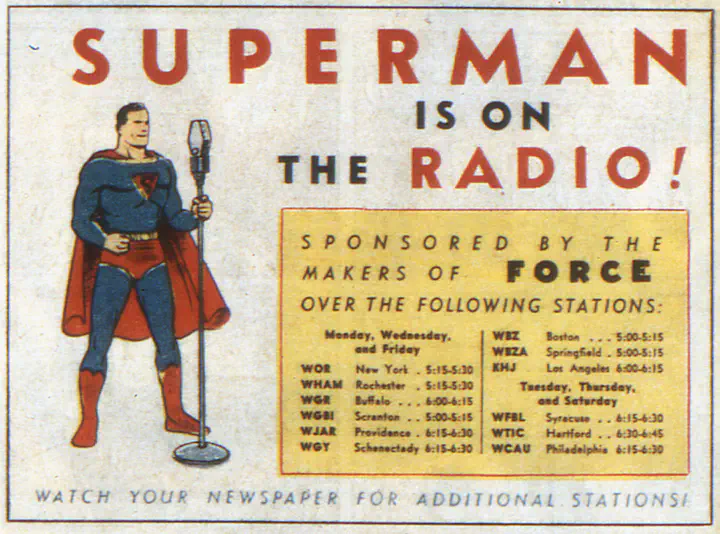
Abstract
We examine the power of media narratives to counter prejudice, a dimension often overlooked in a literature that predominantly documents how media reinforce it. We study an unprecedented experiment from post–WWII United States: in 1946, amid entrenched racial divisions, the producers of the popular children’s radio series The Adventures of Superman suddenly replaced its usual fantasy plots with stories confronting intolerance in American society, designed to elicit moral and emotional engagement among millions of young listeners. The shift generated exogenous variation in exposure to anti-prejudice narratives across cohorts and locations, a feature that we verify using historical listenership records. We show that childhood exposure produces lasting changes in social and political preferences, including greater racial tolerance, stronger support for civil rights, and higher civic mobilization later in life. These individual-level effects translate into societal shifts in favor of civil rights. Our results confirm that countering prejudice requires deeper and more enduring psychological processes compared to persuasion through information or framing.